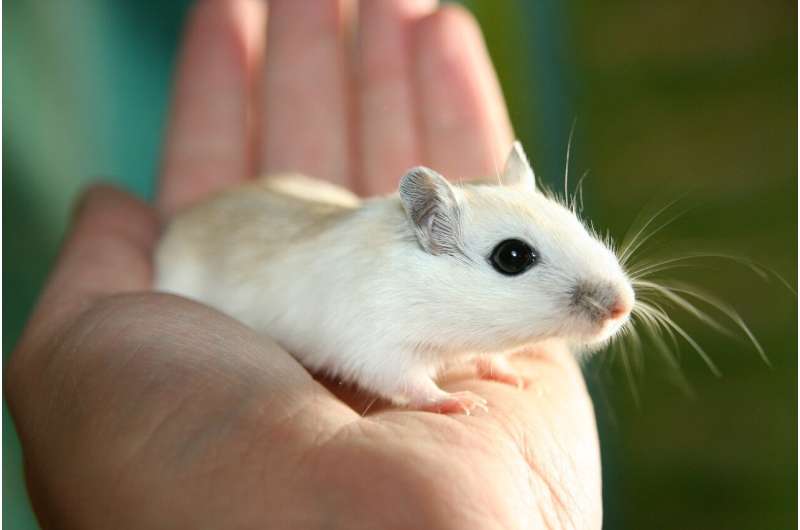
Gut microbes passed from female mice to their offspring, or shared between mice that live together, may influence the animals’ bone mass, says a new study published today in eLife.
The findings suggest that treatments which alter the gut microbiome could help improve bone structure or treat conditions that weaken bones, such as osteoporosis.
“Genetics account for most of the variability in human bone density, but non-genetic factors such as gut microbes may also play a role,” says lead author Abdul Malik Tyagi, Assistant Staff Scientist at the Division of Endocrinology, Metabolism, and Lipids at Emory Microbiome Research Center, Emory University, Georgia, US. “We wanted to investigate the influence of the microbiome on skeletal growth and bone mass development.”
To do this, Tyagi and colleagues studied mice that lacked any gut microbes. They transferred fecal material containing a gut microbe called segmented filamentous bacteria (SFB), which stimulates the breakdown of bone, into the animals. Their studies revealed that the offspring of the SFB-treated mice were colonized with these bacteria at birth and had poorer bone structure than identical mice that lacked SFB.
Additionally, mice that lived with others carrying SFB became colonized with the bacteria within four weeks, and developed poorer bone structure as a result. “Our work shows that microbes can be either inherited or transmitted between individuals and significantly affects skeletal development in the animals,” Tyagi says.
“Further studies are now needed to determine if the same is true in humans,” adds senior author Roberto Pacifici, Garland Herndon Professor of Medicine, and Director of the Division of Endocrinology, Metabolism, and Lipids, at Emory University. “If it is, then it could be possible to develop therapies that change the gut microbiome early in life to allow for healthy skeletal growth.
Source: Read Full Article
